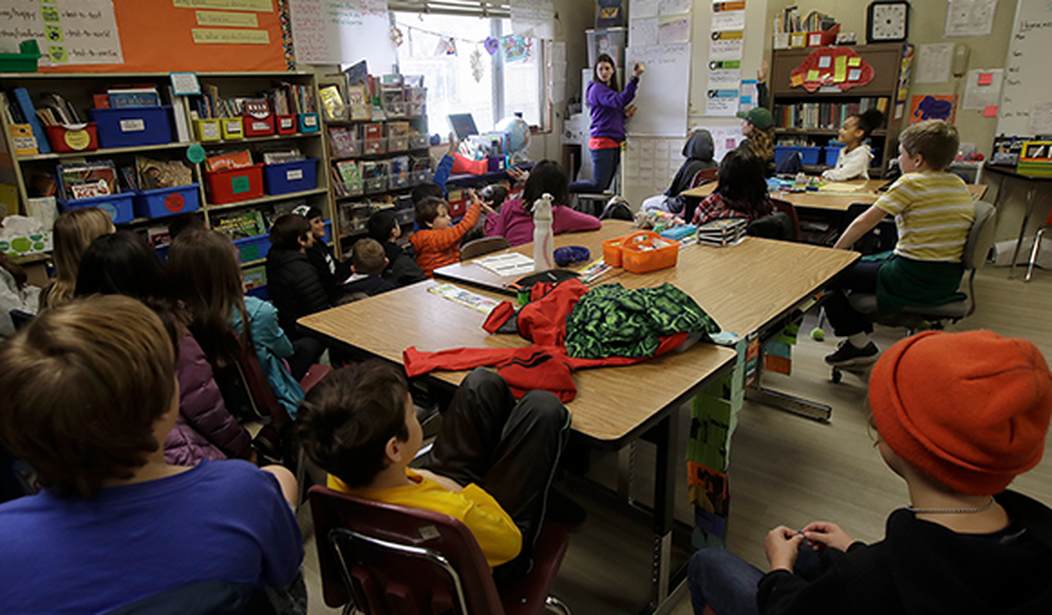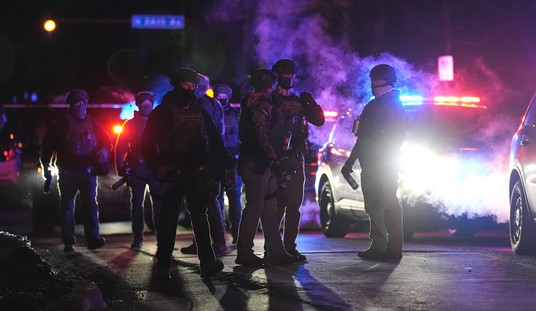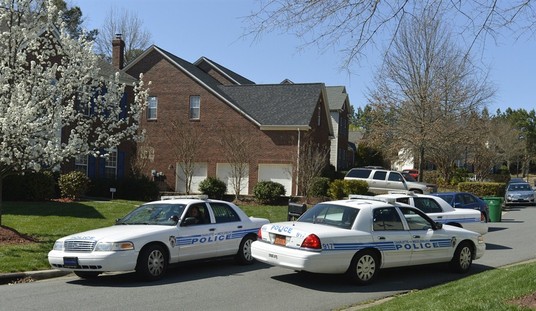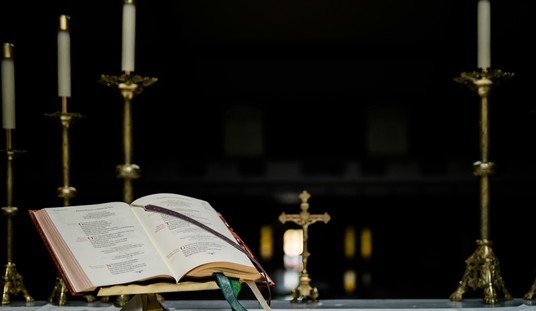On February 16, the Joint Committee on Administrative Rules will review the Illinois State of Board of Education’s (ISBE) proposed Culturally Responsive Teaching and Learning Standards, which would “apply to the issuance of all Illinois professional educator licenses endorsed in teaching, school support personnel, and administrative fields.”
In simple terms, ISBE is seeking to inject progressive orthodoxy into Illinois classrooms for decades to come. ISBE aims to accomplish this goal not by changing the actual classroom learning standards, at least not at this moment, but by changing the learning standards for teacher colleges in Illinois.
By radically altering how teachers are educated, coupled with its control over the teacher licensure process, ISBE would transform Illinois classrooms from the top down.
Here are just a few of the egregious examples of what is included in ISBE’s proposed standards.
Teachers will, “Recognize how their identity (race/ethnicity, national origin, language, sex and gender, gender identity, sexual orientation, physical/developmental/emotional ability, socioeconomic class, religion, etc.) affects their perspectives and beliefs about pedagogy and students.”
Teachers will, “Assess how their biases and perceptions affect their teaching practice and how they access tools to mitigate their own behavior (racism, sexism, homophobia, unearned privilege, Eurocentrism, etc.).”
Teachers will, “Know and understand how a system of inequity creates rules regarding student punishment that negatively impacts students of color” and “Know and understand how a system of inequity reinforces certain truths as the norm.”
Teachers will also, “Employ authentic and modern technology usage inspiring digital literacy through an equity lens.”
Once again, these are just a handful of the many examples in which ISBE’s Culturally Responsive Teaching and Learning Standards prioritize progressive ideologies over substantive instructional strategies for new teachers.
And here is the most alarming aspect of all of this. Illinois teacher programs and licensure requirements already lean heavily in the progressive direction.
I would know. I earned a masters degree in secondary education from a prominent university located in Illinois just over a decade ago. During my two-year program, I was fed a steady diet of progressive propaganda that had little, if nothing, to do with preparing me for a career in teaching.
And I was not the only potential teacher within my cohort who noticed the overemphasis on leftist creed that was perpetuated by every professor during our program.
In fact, many of my colleagues and I were shocked and frustrated at how much time was spent pushing progressive principles, which occurred at the expense of proper preparation for our careers in education.
For many of us, this became apparent when we began our months-long student teaching experience, which was the final piece of our degree program. In short, the one and half years we spent learning how to be teachers did not adequately prepare us for the realties of the classroom because our education professors pushed a leftist political agenda at the behest of ISBE.
By the time I earned my masters in social studies secondary education and was granted my Illinois teaching license, I was dumbfounded by how little focus there was on the content I would be teaching compared to the inordinate amount of time I spent being lectured about progressive political philosophies from out-of-touch professors.
But, perhaps ISBE’s unwarranted focus on molding future teachers into progressive automatons explains, at least partially, why Illinois students are struggling academically. In 2019, only 37.4 percent of Illinois students passed the state’s English language arts test. Even worse, only 32 percent of Illinois students passed the state’s math proficiency test.
However, the fact that Illinois students are not learning the basics means little to those pushing for more leftist indoctrination in classrooms. As Illinois Superintendent of Education Carmen Ayala recently said, in defense of ISBE’s newly proposed standards, “As we help students recover from learning loss due to the pandemic, giving our teachers opportunities to learn about effective, equitable, and research-based strategies like cultural responsiveness could not be more important.”
As a former public school teacher, I completely disagree with Ayala. Given the learning loss due to the pandemic, getting back to the basics of teaching students math, science, history, etc. could not be more important.
Chris Talgo ([email protected]) is a former public school teacher and editor at The Heartland Institute.













Join the conversation as a VIP Member